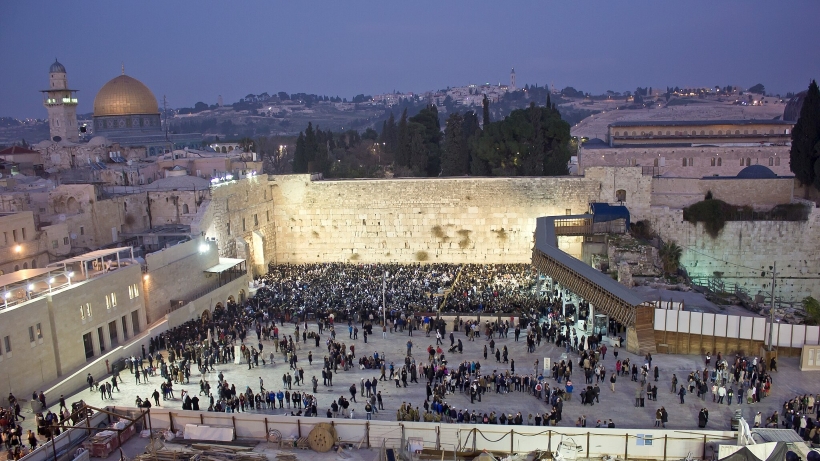
This week, in Parshat Bamidbar, we open the fourth book of the Torah — the Book of Numbers — with the dramatic moment of the census. God commands Moses to count the Israelite men of military age, tribe by tribe. The tally comes to 603,550, just over the threshold associated with the chacham ha-razim blessing. But this census isn’t just about numbers; it’s about identity and belonging. Each person is counted l’mishpachotam u’l’veit avotam — by their families and their ancestral houses. The parshah also describes the arrangement of the tribes around the Mishkan and assigns specific roles to the Levites, underscoring that every individual and every tribe has a unique place and purpose.
The blessing chacham ha-razim expresses awe at the idea that God knows the inner workings, thoughts, and uniqueness of each person in a vast crowd. The sages teach that just as no two faces are alike, no two minds or souls are alike. It’s easy to look at a massive crowd and see only sameness, but God sees the secrets within — the hopes, struggles, dreams, and doubts that make each person irreplaceable. The census in Bamidbar is not a cold bureaucratic exercise; it’s an act of love. As Rashi comments, God counts the people because God treasures them, just as someone counts their precious jewels. When we stand in community, whether in the desert, in synagogue, or even virtually, we remind ourselves that we are more than a number — we are part of a tapestry of souls, each known and cherished by God. This Shabbat, as we read Bamidbar, I invite us to pause and look around at our own community with the eyes of chacham ha-razim. Can we see beyond the surface to recognize the unique stories, struggles, and gifts of each person around us? Can we cherish the differences that strengthen the whole? Even when we gather in numbers far fewer than 600,000, we have the opportunity to bless the divine wisdom that makes each human being a secret worth knowing.


